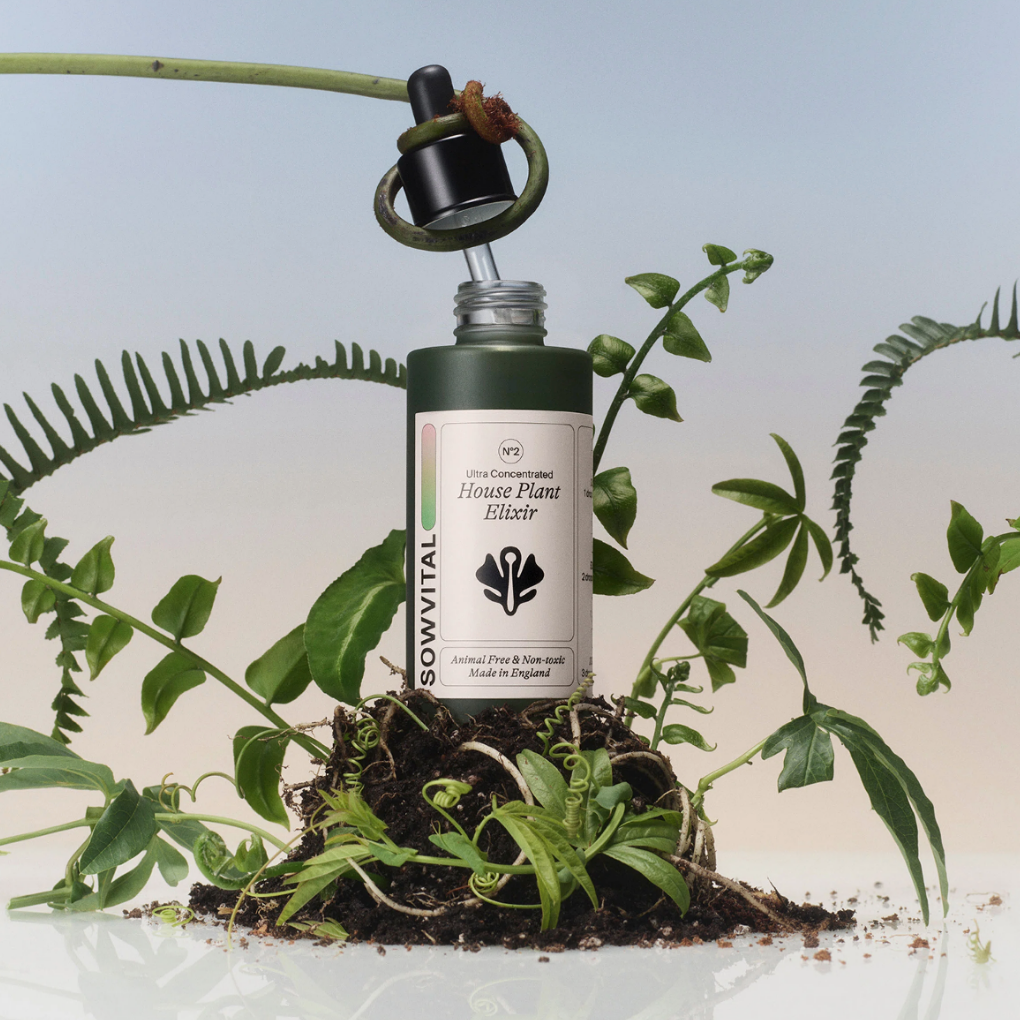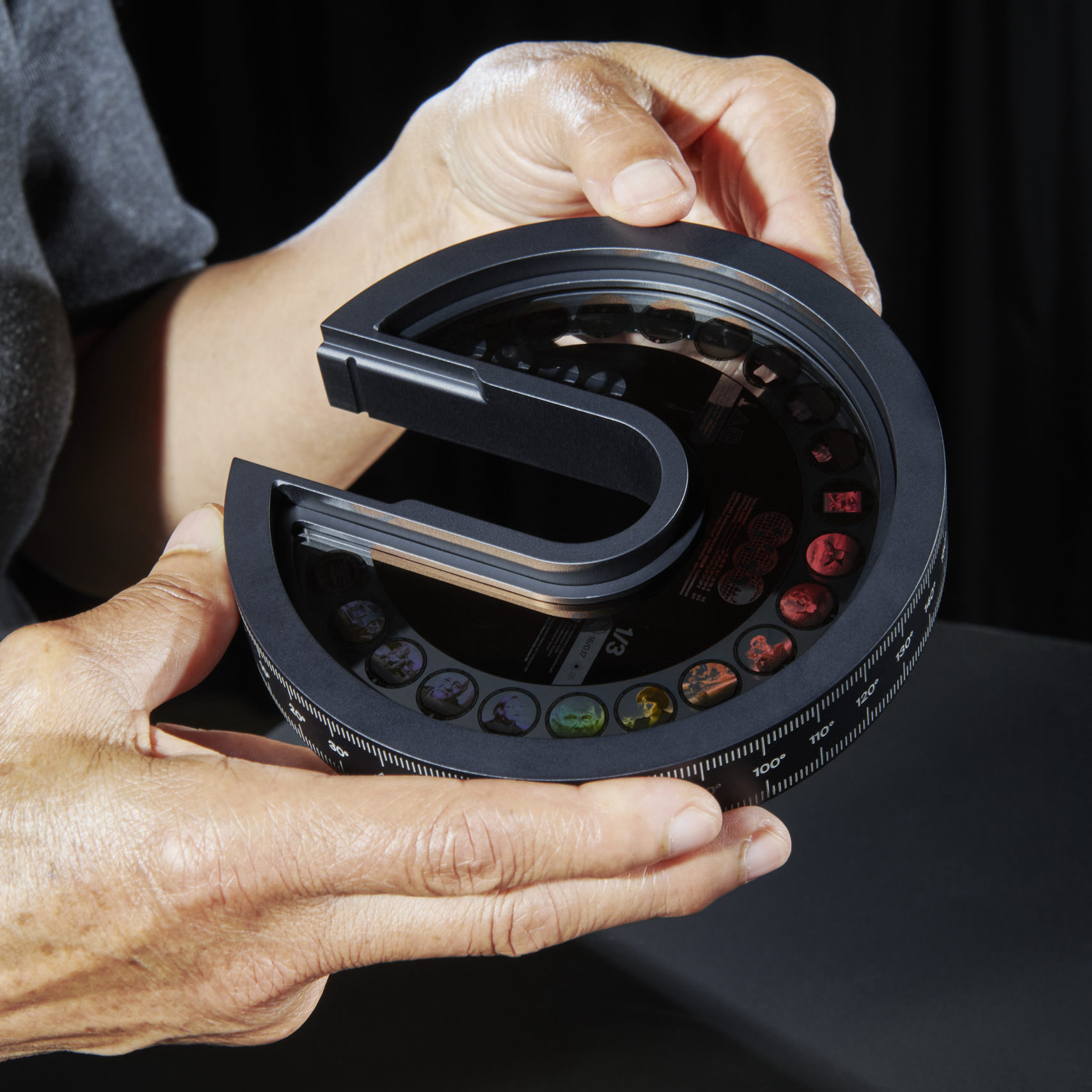24 : 06 : 22 : Weekly Debrief
This week: A luxury travel subscription, NFT fragrances, a beauty brand for plants, history preservation through DNA, and a plan by Oatly to bring plant-based milk to EU schools.
1. A hybrid travel subscription aimed at luxury nomads
US – Targeting the Bleisure habits of affluent travellers, the luxury travel service has introduced a new subscription model for both personal and business use. Called Inspirato Select, the aim of the service is to provide members with a simple and cost-effective way to buy, use and share luxury holidays. Subscribers can choose from more than 500,000 trip options in more than 150 destinations. These include Inspiratoresidences, luxury hotels and five-star resorts.
Much like its previous subscriptions, Inspirato Select provides members-only rates and a hyper-personalised service. In addition, trips booked as part of the subscription can be transferred to family or friends, or used as business trips. In this way, the scheme recognises the need to offer malleable travel arrangements. ‘As our most flexible, shareable subscription to date, we believe Inspirato Select will enhance the built-in network effect of our business model by introducing the distinctive Inspirato luxury travel experience to a broader audience of travellers,’ says Brent Handler, co-founder and CEO of Inspirato.
Here, Inspirato demonstrates the ongoing evolution of travel experts and agents – and the ways they’re serving customers in increasingly dynamic and thoughtful ways.
 Sowvital. Identity by Leslie David Studio, UK
Sowvital. Identity by Leslie David Studio, UK
2. Sowvital is a luxury beauty brand for plants
UK – Responding to a gap in the market for covetable plant care, Leslie David Studio has introduced a design-led houseplant fertiliser brand. Unlike commonly found ‘all-purpose’ fertilisers, Sowvital takes cues from the beauty sector, encouraging plant parents to adopt thoughtful rituals when looking after their plants. Its packaging, visual identity and brand language reflect this too – with sleek botanical drawings and olive green bottles.
Like beauty brands, Sowvital also focuses on ingredients, ensuring its formulations are vegan and environmentally conscious. Through its design and properties, the brand is carving out a niche in the plant care market and enabling gardeners to align their lifestyle values with their green-fingered habits. As Leslie David, founder of Leslie David Studio, says: ‘We wanted to create products that really feel nice to use… something elegant enough not to have to hide like we usually do with our cleaning or plant products.’
By positioning plant care as a ritualistic act, the brand also tunes in to the tenets of Recuperative Living. Elsewhere, we’ve explored how clean botanics brand Amass is similarly bridging the gap between self-care and daily rituals.
3. Byredo uses NFTs to spotlight the craft of perfume
Sweden – Perfume company Byredo and digital fashion start-up RTFKT are teaming up to create a digital scent that pays tribute to the handcrafted origins of perfume. The Alphameta collaboration features NFTs that include both physical and digital assets.
The two companies collaborated with Paris-based design agency M/M to visually represent 26 ingredients that express feelings of naivety, harmony, acuity, and virtue. Customers can then use these ingredients, which have been minted as NFTs, to create their own unique scents. Benoit Pagotto, the co-founder of RTFKT describes this process as mixing together ingredients ‘like potions in video games’. The limited-edition, custom fragrances will then be produced, allowing consumers to wear their own formula.
While we have seen Digital Fragrances entering the beauty sector for some time, this collaboration shows how technology can be used to unlock consumer creativity and shed a light on the handcrafted history of perfume production. ‘A single scent is incapable of representing this virtual world, so we formulated a lexicon of elements that collectors can combine at will to make something entirely unique,’ says Ben Gorham, founder and creative director of Byredo.
4. The universities using DNA to preserve our histories
Switzerland – Arts and design university Écal and university of science and technology EPFL are collaborating to reinvent data storage and actively preserve cultural heritage. Taking aim at the energy-intensive and environmentally damaging aspects of data storage, the schools are launching an object that can store information for thousands of years using DNA.
The Álfar device converts digital archives into DNA’s four bases, resulting in a synthetic molecule that is 200,000 times denser than a typical digital storage unit. What’s more, the DNA molecule remains stable over time and requires no energy to maintain, ensuring a more planet-friendly alternative to conventional data storage devices. The device, which uses nano-engraving and simple ocular techniques, will allow cultural and private institutions to preserve valuable archives for future years.
With the potential to transform how we store information, this is a significant new development within the evolving market for Sustainable Data Centres.
 Álfar by EPFL+ECAL, Switzerland
Álfar by EPFL+ECAL, Switzerland
5. Oatly wants EU schools to serve plant-based milks
Europe – The oat drink brand is encouraging European schools to switch from giving children dairy milk to plant-based alternatives. Its latest campaign, which shows children smuggling Oatly cartons into schools, aims to normalise the distribution of alternative milks in the EU school programme – an initiative offering free access to fruits, vegetables and milk.
It arrives in line with the European Commission’s aims to promote healthier and more sustainable diets, while also recognising that some children cannot or do not want to drink cow’s milk for medical, ethical, environmental or religious reasons. The advert also points viewers to a petition calling on the EU to include plant-based milks in its school programme, as well as a microsite with resources about the campaign.
By creating a playful advert, along with practical information, Oatly has the potential to spark widespread change among schools, children and their care-givers. As we explore in The Zalpha Reckoning, Generation Zalpha are set to be the largest generation of plant-based eaters in the world – with many growing up on planet-positive diets.
To future-proof your world, visit The Future Laboratory's forecasting platform LS:N Global for daily news, opinions, trends, sector specific insights, and strategic toolkits.
Want to read more?
Become a member today!
Sign up to one of our subscribtion packages and get unlimited access to a hive of insights - from microtrends and macro trends to market reports, daily news, research across eight industry sectors and much more.
Discover our memberships
Already a member? Click here to login
